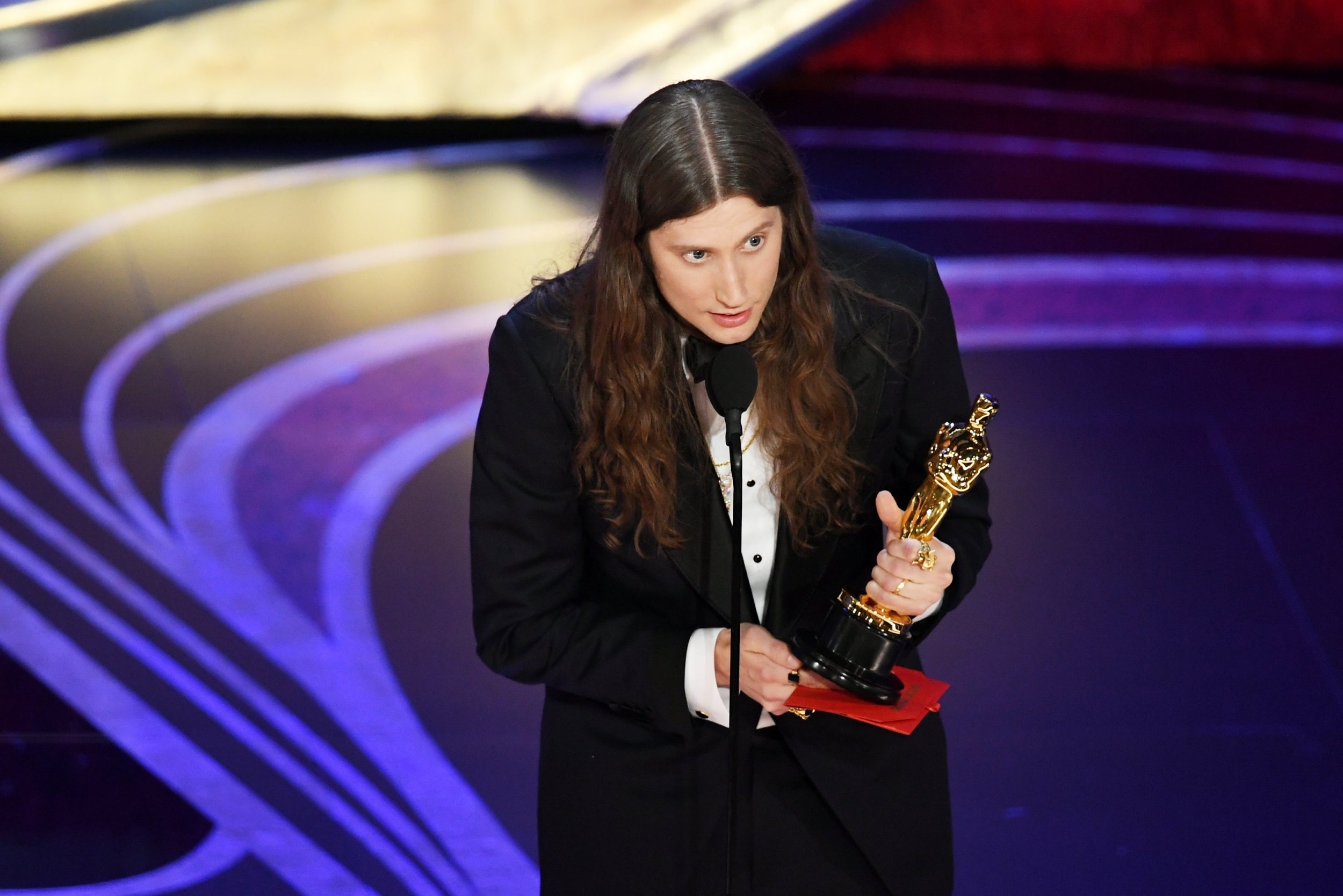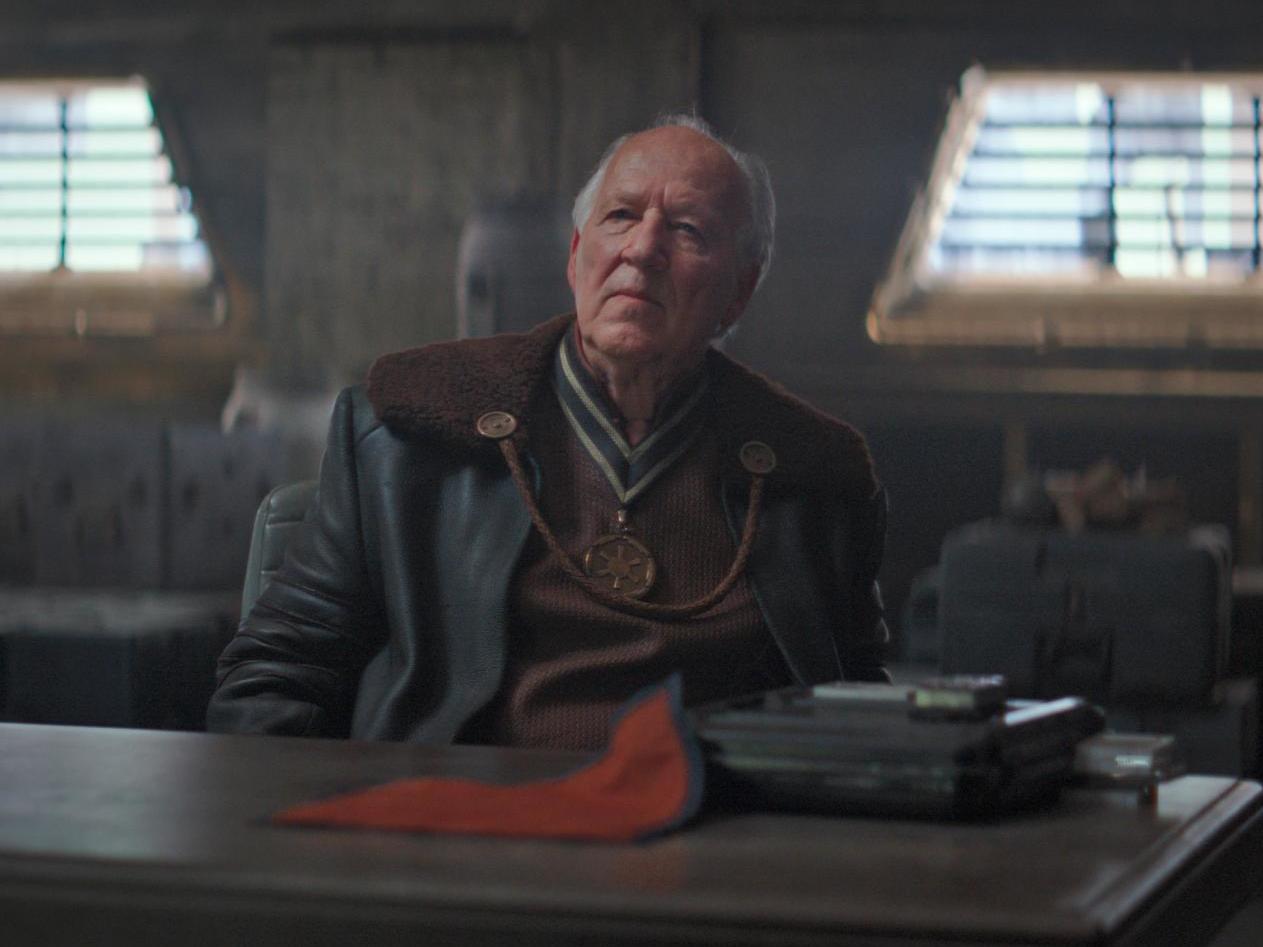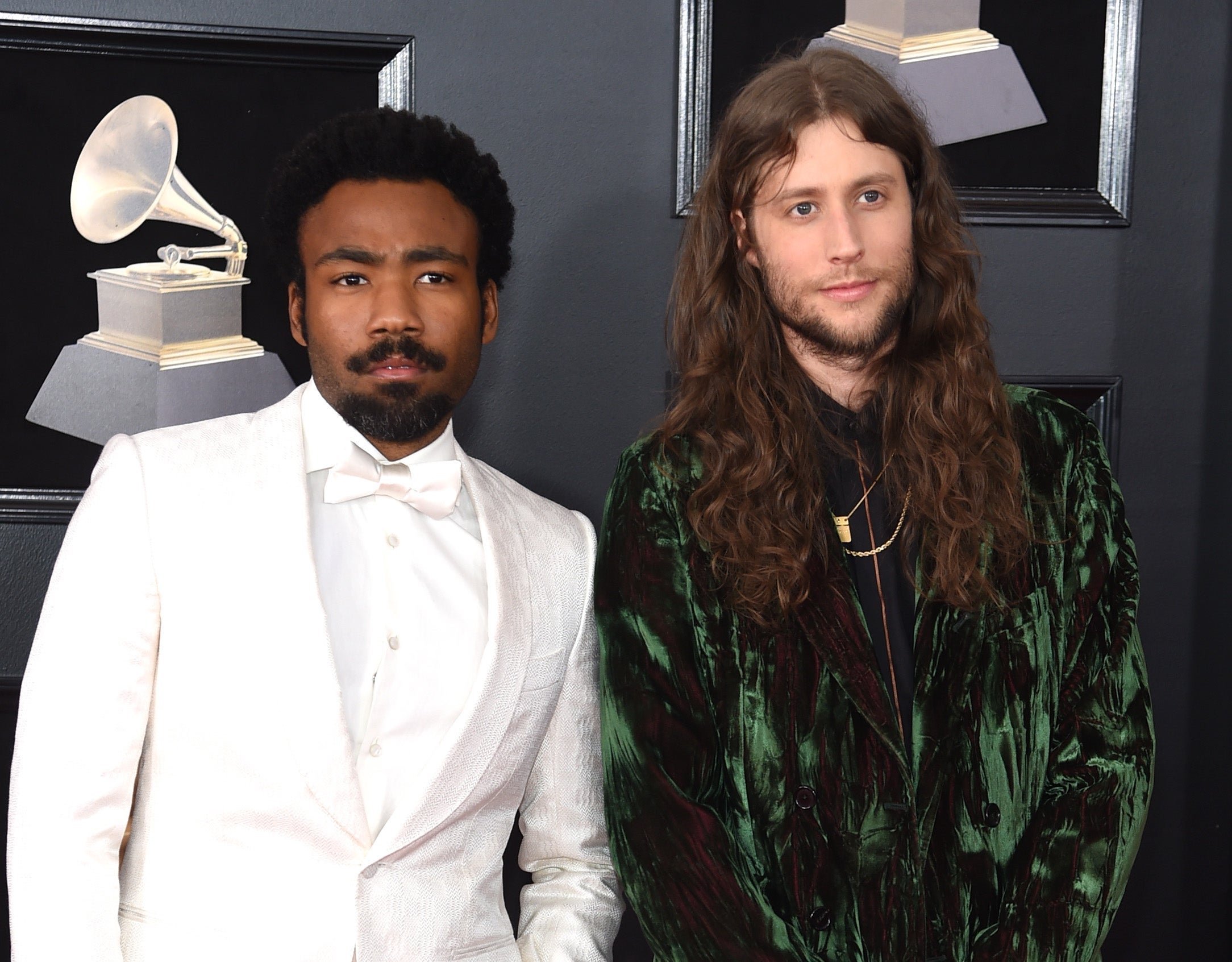How Black Panther and The Mandalorian composer Ludwig Goransson has risen to the top
The 35-year-old Swedish composer, who won the Academy Award for Best Original Score for ‘Black Panther’, has scored all eight episodes of Disney+’s new Star Wars series ‘The Mandalorian’. He talks to Tim Greiving

Your support helps us to tell the story
From reproductive rights to climate change to Big Tech, The Independent is on the ground when the story is developing. Whether it's investigating the financials of Elon Musk's pro-Trump PAC or producing our latest documentary, 'The A Word', which shines a light on the American women fighting for reproductive rights, we know how important it is to parse out the facts from the messaging.
At such a critical moment in US history, we need reporters on the ground. Your donation allows us to keep sending journalists to speak to both sides of the story.
The Independent is trusted by Americans across the entire political spectrum. And unlike many other quality news outlets, we choose not to lock Americans out of our reporting and analysis with paywalls. We believe quality journalism should be available to everyone, paid for by those who can afford it.
Your support makes all the difference.The first few months of 2019 were huge for Black Panther and Donald Glover. Ryan Coogler’s superhero movie took home three Oscars, including the prize for the best score. At the Grammys, where it won again, Glover’s musical alter ego Childish Gambino picked up four trophies for his ambitious political music video and song “This Is America”. Both had something in common: a longhaired, lightly bearded Swedish musician named Ludwig Goransson.
Goransson may not be a household name, but he’s a well-known face behind the scenes. (His brief moment in the spotlight came when he accepted the record of the year Grammy for “This Is America” and thanked 21 Savage, who was absent in immigration detention.) He did innovative soundtrack work for Coogler’s Rocky film Creed as well as the director’s breakthrough, Fruitvale Station. Goransson is currently at work on Christopher Nolan’s Tenet, but his next major project will be released in the UK in March: he scored all eight episodes of the Disney Plus Star Wars series The Mandalorian.
The key to the modern-Western sound of The Mandalorian? A flute theme that Goransson came up with once Jon Favreau, the show’s creator, shared his vision – which involved a lonesome rider and a samurai inspiration. The series exists in “more of a dystopic part of the Star Wars history,” Favreau says, “and technology and deconstruction are themes that we explore.”

With that in mind, Goransson locked himself in his studio for a month and intuitively bought a bunch of rarely heard bass woodwind recorders. He started improvising, going into an almost meditative state, he says, creating a sprawling four hours of score that he spent the past year writing and recording with top Hollywood studio musicians.
Goransson, 35, says he fell into his relationships with some of Hollywood’s most exciting young talents by chance. He hit it off with Coogler, a fellow student at the University of Southern California, in 2007 over a game of pool at a frat house when Coogler brought up his favourite Swedish hip-hop artists.
“He was a football player, and he had really long dreads,” Goransson says. “Maybe it’s because we come from different backgrounds that we just have so much to talk about.”
After graduating from the University of Southern California’s (USC) screen-scoring programme, Goransson got his first big gig as a composer for the NBC series Community. Glover, one of the show’s stars, came to Goransson’s studio to record vocals for an outrageous Irish-tango cover of the song “Somewhere Out There” from An American Tail.
“We kind of laughed – we had a good time together,” Goransson says. “A couple of weeks later, he emailed me and was like, ‘Hey man, I’m also a rapper, so I wondered if you could take a listen to this, and maybe mix my song?’”
What drew Glover in? “I had the classical background and jazz background,” Goransson says. “I could bring something different to the table.”
Enjoy unlimited access to 100 million ad-free songs and podcasts with Amazon Music
Sign up now for a 4 month free trial (3 months for non-Prime members)
Enjoy unlimited access to 100 million ad-free songs and podcasts with Amazon Music
Sign up now for a 4 month free trial (3 months for non-Prime members)
Goransson did not grow up in the hip-hop world, but music has been his constant since he was “little Ludde” from Linkoping, Sweden. His mother, a florist from Poland, and his father, a guitar teacher at the local music school, filled the house with songs ranging from classical to rock to Swedish folk.

He was named after Beethoven. (“My dad wanted to name me Albert after Albert King, the big guitar blues player,” he says. “But my mum said, ‘No – Ludwig van Beethoven.’”) And he’s always had long hair: “Everybody thought he was this adorable little girl,” says his sister Jessika, “because he had the same hair that he has now. I have a bit of hair envy.”
Goransson started playing guitar when he was six, but his breakthrough came three years later when his father was learning Metallica’s “Enter Sandman” at the request of his students. “He got obsessed,” his father, Tomas, says. “He started to practice playing every day for three or four hours.”
Goransson spent most of his youth in his family’s basement, teaching himself how to use a drum machine and a digital eight-track recorder, and nurturing another fascination: soundtracks. He loved the music of John Williams and Danny Elfman, and won the chance to have his work performed by a professional orchestra as a senior in high school. He wrote an Elfman-inspired piece called “Five Minutes to Christmas” and when he heard “a big classical orchestra play something that I’d written”, he said, “I was like, oh wow. This is something I want to do for a living.”
He went to the Royal College of Music in Stockholm to major in jazz guitar, but soon left for USC, where he scored dozens of student films. “They were all pretty bad,” he says, “but there was one of them that was actually good” – Coogler’s short, Locks, a precursor to his verite-style debut, Fruitvale Station, about the killing of a young black man by a white officer on an Oakland subway platform.
“It was always a collaboration that’s to be respected to the utmost, and that respect is kind of compounded because we were friends first,” Coogler says. “We’ve been close friends for so long that we’re like family now.”
When Goransson got the job scoring Black Panther, Marvel’s 2018 juggernaut about the king of a fictional African nation and his righteously angry half-brother, he knew he had to go to Africa if he was going to get it right. He recorded the talking-drum player Massamba Diop playing a motif for T’Challa – the drum literally says the character’s name – and flutist Baaba Maal playing a theme on his Fula flute for Erik Killmonger. He then fashioned a symphonic score with an African heartbeat.
Goransson tries to give every film a sonic identity inherent to its world. For Fruitvale Station, he used recordings of a train station. On Creed, he sampled a boxing training session at Coogler’s old gym in Oakland and converted those sounds into beats and rhythms for the film’s fight sequences.

Tessa Thompson, who starred as the singer-songwriter Bianca in the Creed movies, says she found her character by creating songs as Bianca in Goransson’s studio.
“He has this real spirit of play, and so he can really experiment,” she says. “He has a way of getting really close to the artists that he works with, so they are really deep collaborations.”
Goransson briefly dabbled in making his own music (in 2012 he recorded an EP as Ludovin), but realised he’s much more comfortable as a partner than a star. In addition to his work with Childish Gambino, he’s produced tracks for Chance the Rapper and the band Haim. For his soundtracks, he’s produced and co-written with Future, Meek Mill and Kendrick Lamar.
Goransson’s mother Maria, who lives in Sweden, recalled another of his youthful obsessions: time. When he left for USC, he made a schedule for his career: get a job as an assistant one year after graduation, be scoring his own projects after three years, win an Academy Award within 12 years.
“Sometimes,” she says, “he’s much faster than what he planned.”
© New York Times
‘The Madalorian’ is out in the UK in March on Disney+
Join our commenting forum
Join thought-provoking conversations, follow other Independent readers and see their replies
Comments